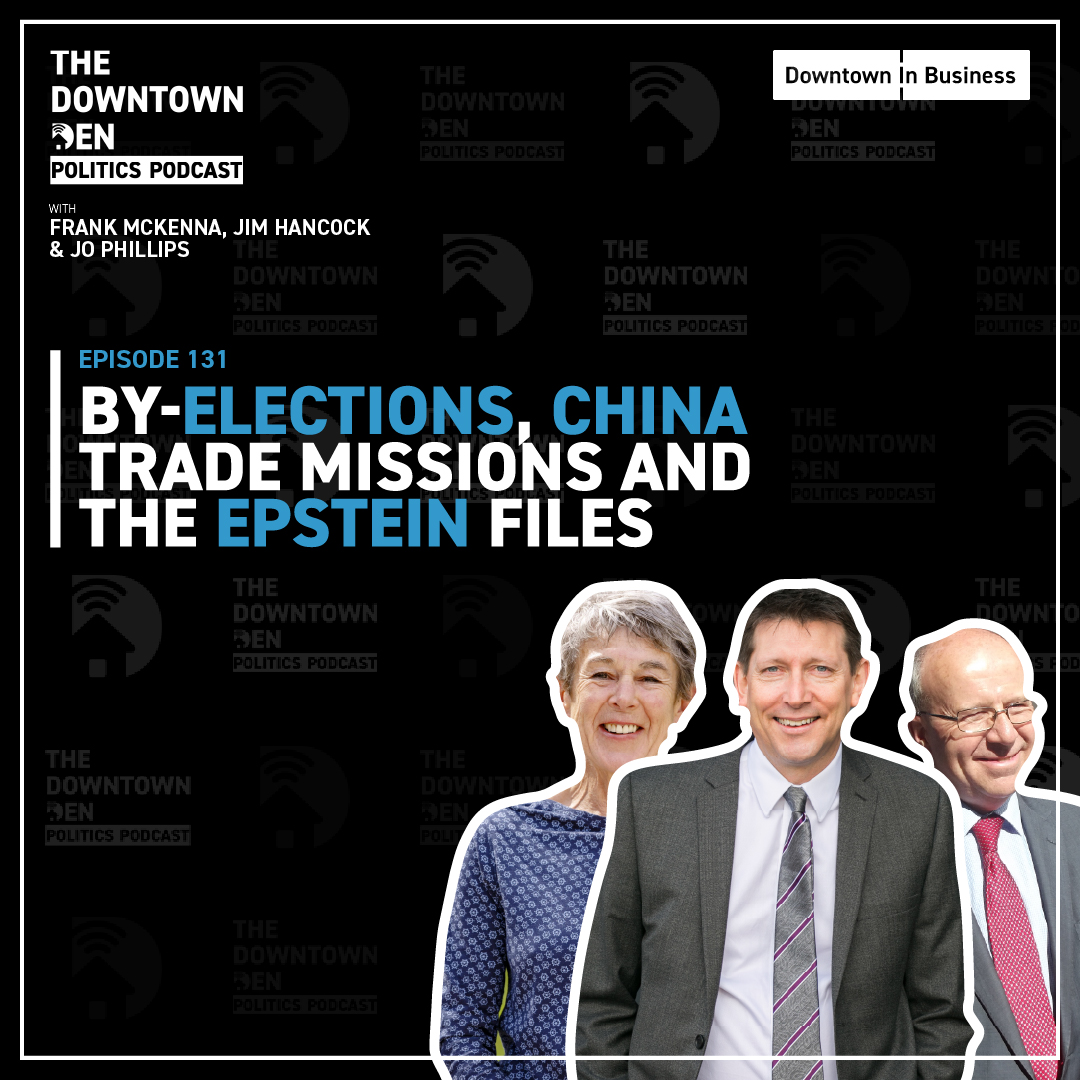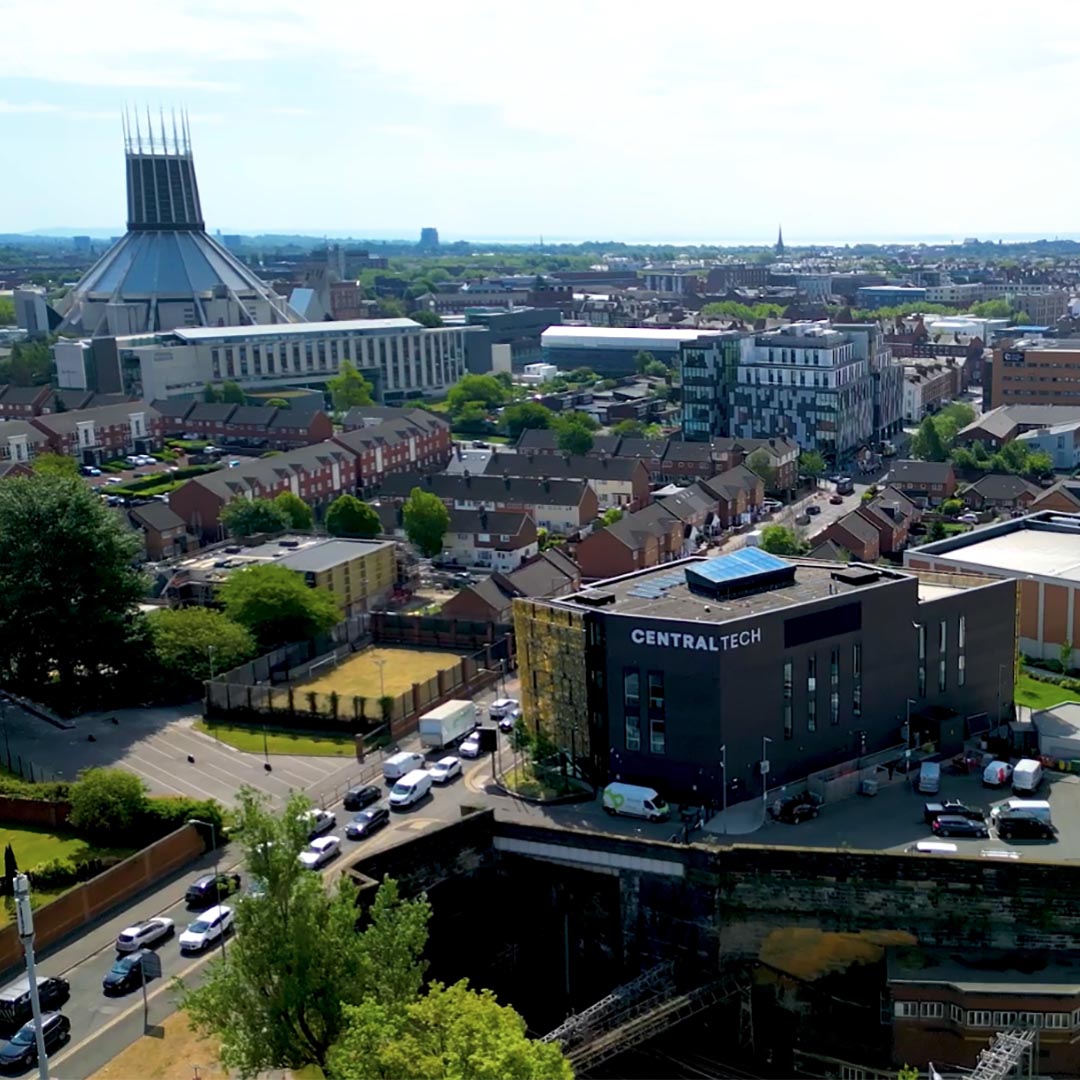There is still a clip on YouTube from 2011 of Ed Miliband giving exactly the same answer multiple times to a question about a teacher’s strike. The then leader of the Opposition’s strict formula was to say he didn’t want the strike and urged the parties to get round the table to settle it.
That is more or less Sir Keir Starmer’s position now on next week’s planned rail stoppages. On one level Labour’s position is entirely reasonable. They want a settlement, while the government seems to want a punch up with the unions, believing it will go down well with voters in Wakefield and Tiverton.
The danger is that the stance may please nobody. The left asks what is the point of the Labour Party if it can’t give wholehearted support to rail workers demanding a pay rise in line with roaring inflation? The right always wants to depict Labour being in thrall to their paymasters, the unions, in disregard for the travelling public.
Starmer, and other members of the Shadow Cabinet, have been mindful in their statements that there are two groups of workers involved in this dispute. The rail workers with their pay demands and the nurses and teachers trying to get to work.
Labour’s relations with the unions that brought them into existence to give a voice to working people in parliament is a long and troubled one. From Barbara Castle’s attempt to outlaw wildcat strikes in the sixties with her White Paper “In Place of Strife,” then to the pay polices of the Callaghan government in the seventies ending in the winter of discontent that brought them down. Finally, even in opposition, Neil Kinnock’s bitter fight with Arthur Scargill during the miners’ strike.
We will have to see whether Labour’s delicate balancing act works, but it comes at a time when the clamour is growing for Labour to be clearer on its policies and for Sir Keir Starmer to liven up his act.
We must not forget that a big shadow still lingers over the Opposition leader in the shape of Durham police’s investigation into Beergate. It is likely that the boys in blue are holding off their findings until after next Thursdays by election.
If Sir Keir and his deputy, Angela Rayner, are fined, they are out, and we will have turmoil in the leadership of both main parties at a time of roaring inflation and war in Europe. That’s not a recipe for business confidence.
If they are cleared, Starmer and Rayner will be praised for putting their jobs on the line in contrast to the Prime Minister whose problems with propriety have only increased with the resignation of his ethics advisor Lord Geidt.
I’m surprised the peer stayed in the job as long as he did. Johnson made him look a fool when he failed to disclose to him vital WhatsApp messages when Lord Geidt was initially investigating the Downing Street flat decoration scandal.














